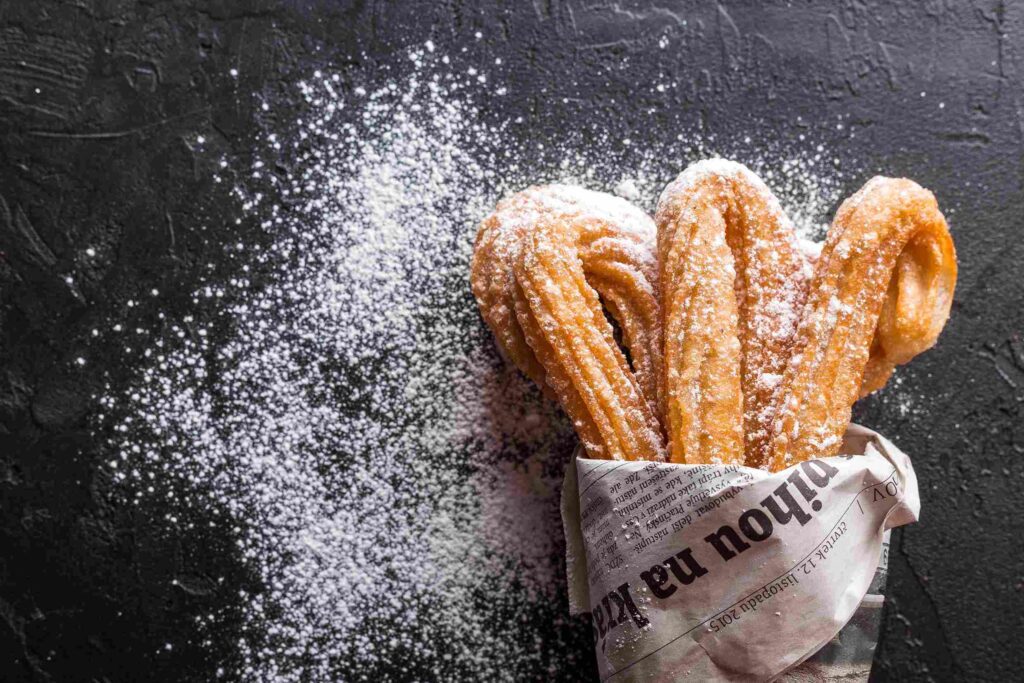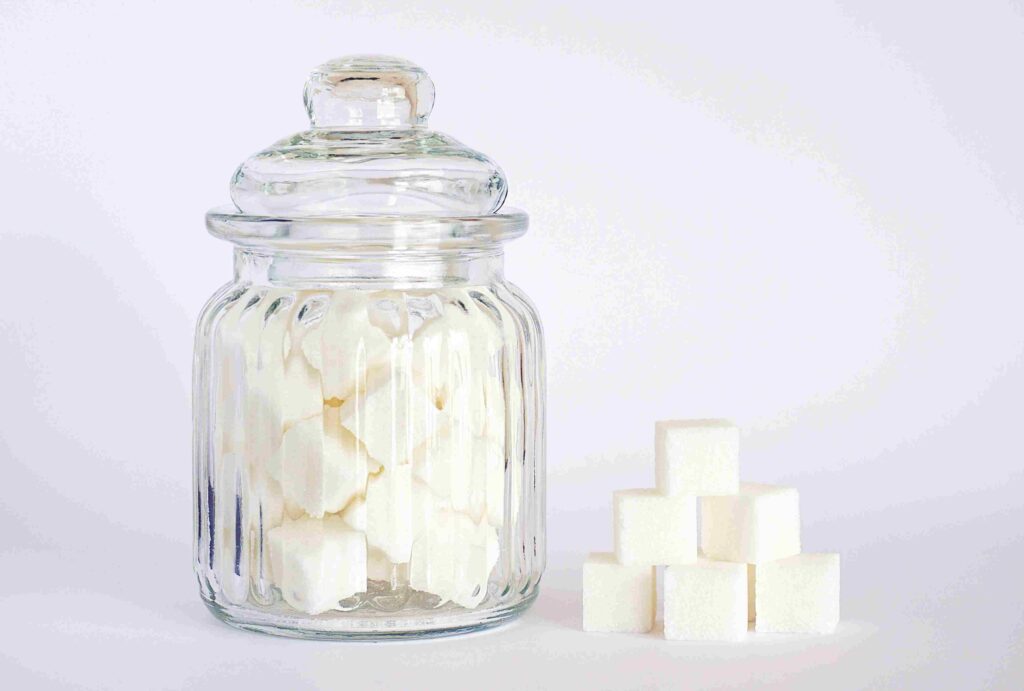When diagnosed with diabetes, one of the first rules you must follow to the core is avoiding sugar. Most people find this rule extremely difficult to follow. This is especially true if they have a very close relationship with sugar. But at the same time, a diabetic individual is prohibited from having sugar. This makes things difficult, right? Most individuals may not understand. Why are they prohibited from having all types of sugar, especially granulated sugar, once they are diagnosed with diabetes? This doubt may haunt them. This lack of information may prohibit individuals from following this rule. Hence, let’s try to understand what will happen to the body and health of diabetic individuals when they consume granulated sugar. Maybe this will help you to gain some clarity about the situation.
What is granulated sugar?
Nowadays, multiple types of sugars are available to us. But, as granulated sugar is the most common form of sugar available in our household, let’s look into that itself. Granulated sugar is also known as table sugar or white sugar. It is a common type of sugar used in cooking, baking, and as a sweetener. It is made from sugarcane or sugar beets that have undergone a refining process to extract the sucrose.
Granulated sugar is typically characterized by its fine, white crystals. It is highly versatile and dissolves easily in liquids. This makes it suitable for a wide range of culinary applications. It is commonly used to sweeten coffee, tea, and other beverages. It is also used in baking recipes for cakes, cookies, and other desserts. Now that we have learned a bit about granulated sugar let’s look at the various effects it can cause in the body of a diabetic individual.
What will happen when a diabetic individual consumes sugar?
Increased blood sugar levels

Granulated sugar is a source of carbohydrates. When consumed, it breaks down into glucose, which enters the bloodstream and raises blood sugar levels. Diabetic individuals need to monitor their blood sugar levels closely. They have to be mindful of their sugar intake. That is the only way to prevent excessive spikes in blood sugar.
Impact on insulin and medication management
Diabetic individuals who require insulin may need to adjust their dosage or timing based on their sugar intake. Consuming large amounts of granulated sugar can affect the body’s insulin response. It may require corresponding adjustments in medication.
Risk of hyperglycemia
Excessive consumption of granulated sugar can lead to hyperglycemia. Hyperglycemia is characterized by high blood sugar levels. Prolonged or repeated episodes of hyperglycemia can increase the risk of diabetes-related complications. This will negatively impact one’s overall health.
Weight management challenges
Granulated sugar is calorie-dense and lacks significant nutritional value. Overconsumption of sugar, including granulated sugar, can contribute to weight gain and obesity. This can further complicate the management of diabetes. It will also increase the risk of being affected with other health issues.
Increased risk of dental problems
Regularly consuming sugary foods and beverages, including those containing granulated sugar, can contribute to dental issues. Tooth decay and gum disease are some of them. Diabetic individuals may be at a higher risk of dental problems. So, managing one’s sugar intake can be crucial for maintaining good oral health.

So, does that mean a diabetic individual will not be able to enjoy sugar ever again? While granulated sugar is extremely bad to the health of a diabetic individual, some other sugars can be harmless if used properly. Are you wondering what kind of sugars they are? Let’s go ahead and find out some healthy alternate sugar options that diabetic individuals can safely consume.
Safe and healthy alternative sugar options for diabetic individuals
- Artificial sweeteners
Non-nutritive sweeteners like sucralose and aspartame provide sweetness without significantly impacting blood sugar levels.
- Natural sweeteners
Some natural sweeteners, such as agave nectar, honey, or maple syrup, are sometimes considered healthier alternatives to granulated sugar due to their potential to provide additional nutrients.
Well, there is yet another safe and healthy alternative sugar option for diabetic individuals they can trust completely. Want to know which sugar option I am talking about? Welcome to Nutriplus Natose Stevia.
Nutriplus Natose Stevia: A healthy alternative sugar option

Nutriplus Natose Stevia is a natural sweetener that is almost 40 times sweeter than sugar. This amazing product is created from the liquid extracts of Stevia plant leaves. And do you know what is even more, better than that? Nutriplus Natose Stevia has zero calories, meaning this product will not appear on that unhealthy food chart. How can a natural sweetener with zero calories and GI appear on an unhealthy food chart?
Moreover, this partner doesn’t have any added flavour to it. The fact it is heat stable also comes as a plus point. The antibacterial properties of the Nutriplus Natose Stevia also make it ten times better than granulated sugar. Switch from unhealthy granulated sugar to healthy Nutriplus Natose Stevia as soon as possible.










